Uganda cultural safari
Uganda cultural safari: This People Safari was designed for those travelers that are more interested in the people of Uganda than the wildlife; although there is no avoiding the wildlife on this safari, as most indigenous people live in the forests, mountains and valleys that most wildlife also inhabits. This 7-day safari will introduce you to a number of indigenous tribes that by definition are living traditionally in their original habitats, as well as many westernized tribes living mainly in the urban centers of Uganda.
The first indigenous people that you will meet will be the Batwa Pygmies of Western Uganda; most specifically, you will meet those that are living within the boundaries of both Bwindi Impenetrable Forest and Mgahinga Gorilla National Parks. Traditionally hunters and fruit gatherers, the 6,000 or so Batwa that exist in the forests of Central Africa, have begun to rear livestock, do some subsistence farming and indulge in craft making to support their livelihood.
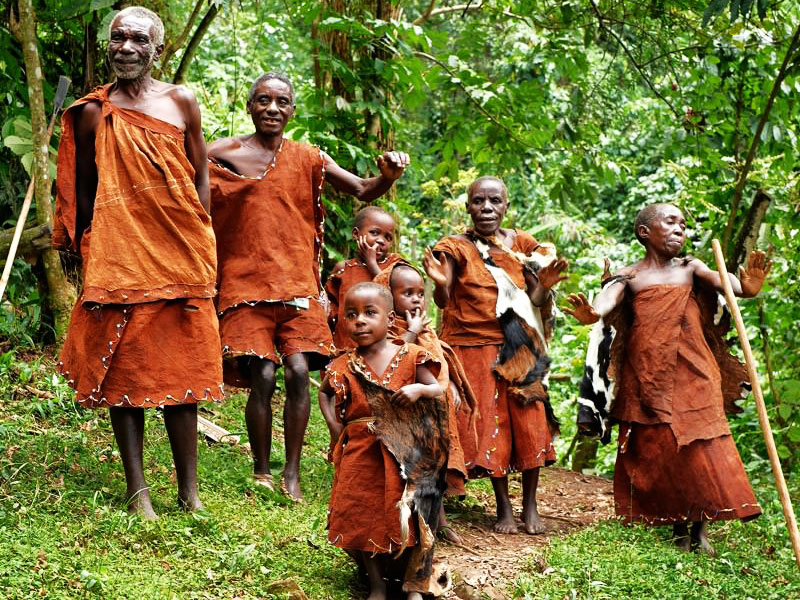
Next, you will be introduced to the Basongora Tribe, who live in Kasese district and within Queen Elizabeth National Park. You will be most welcomed by the Basongora to enter their homes and participate in the activities that they are engaged in; mostly domestic tasks around food preparation and tending to their animals. You will be invited to watch and participate in their local dance and music activities, which are most colourful.
You will then travel to the north east corner of Uganda to an area known as Karamoja. En route you will pass through the towns of Gulu and Kitgum, two large urban centers administered by the Acholi tribe. You will encounter local foods and learn many of the customs of these people as we pass through their tribal lands. In Karamoja, you will visit both the Karamajong and the Ik peoples of Kidepo Valley National Park. One are cattle herders, the other mountain dwelling hunters and gatherers.
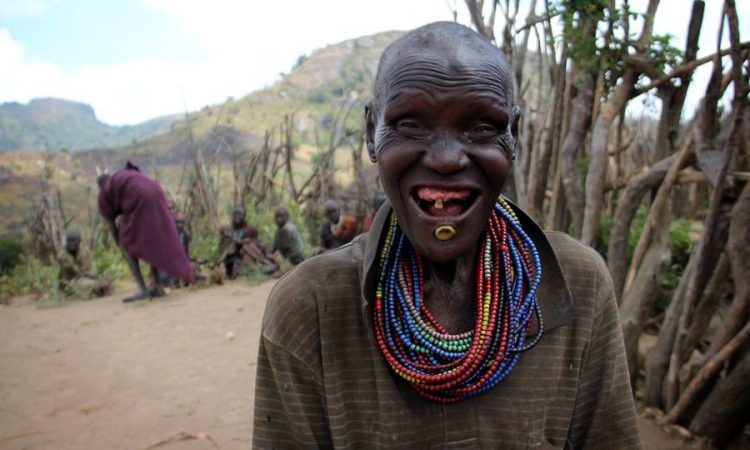
Traveling south from the Sudan border along the Kenyan frontier, you will come to Mount Elgon, where you will encounter the Benet Tribe, who are pastoralists and crop tenderer. The Benet are pleased to welcome you into their homes to share their cultural norms with outsiders. There are just over 20,000 Benet tribes people remaining, very few still in their traditional homesteads within the Mount Elgon National Park, but just outside the park boundaries where they have been relocated.
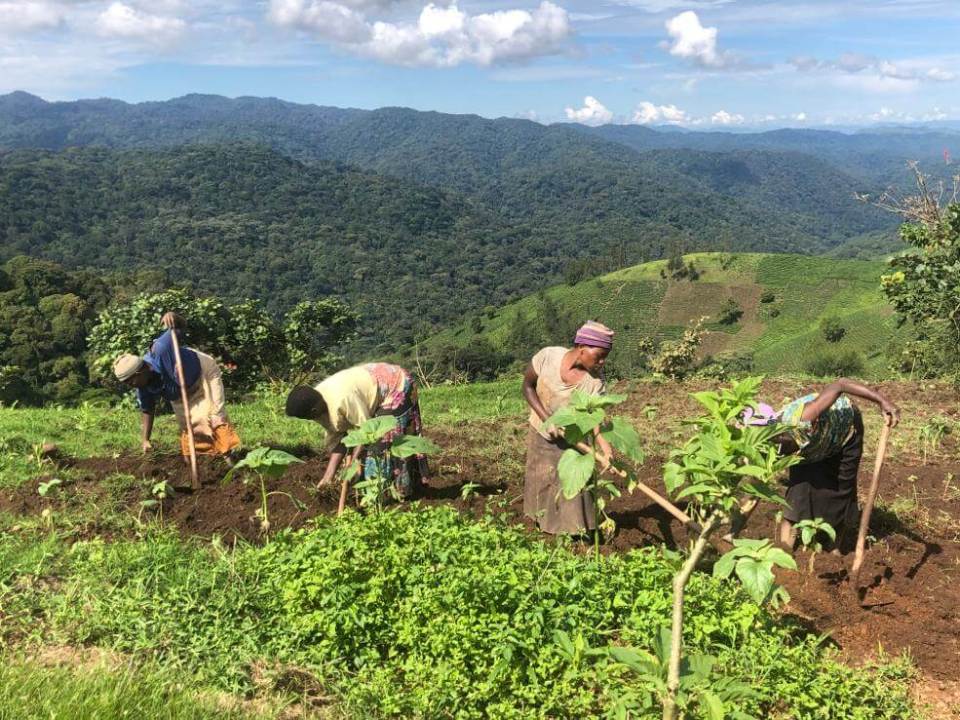
As the week draws to a close, so the safari heads back to Kampala or Entebbe, depending on what your on-going plans may be. This cultural safari is most interesting in seeing how these indigenous tribes manage to survive in this ever-changing environment around them. You will get insights not only into their cultural norms but also their struggle with modernization.

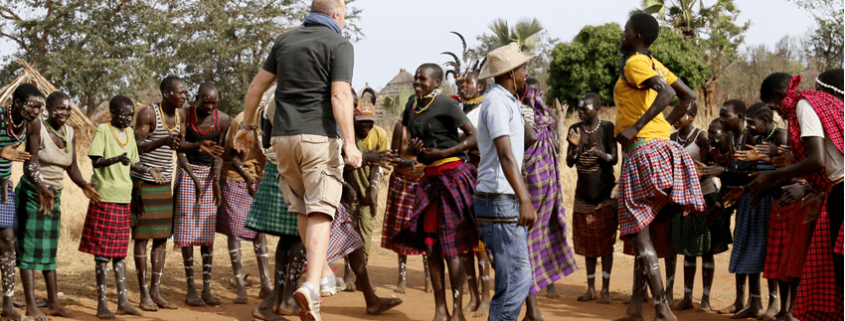
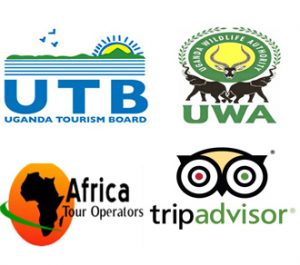


Leave a Reply
Want to join the discussion?Feel free to contribute!